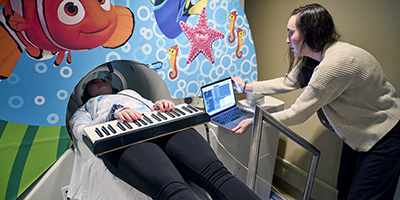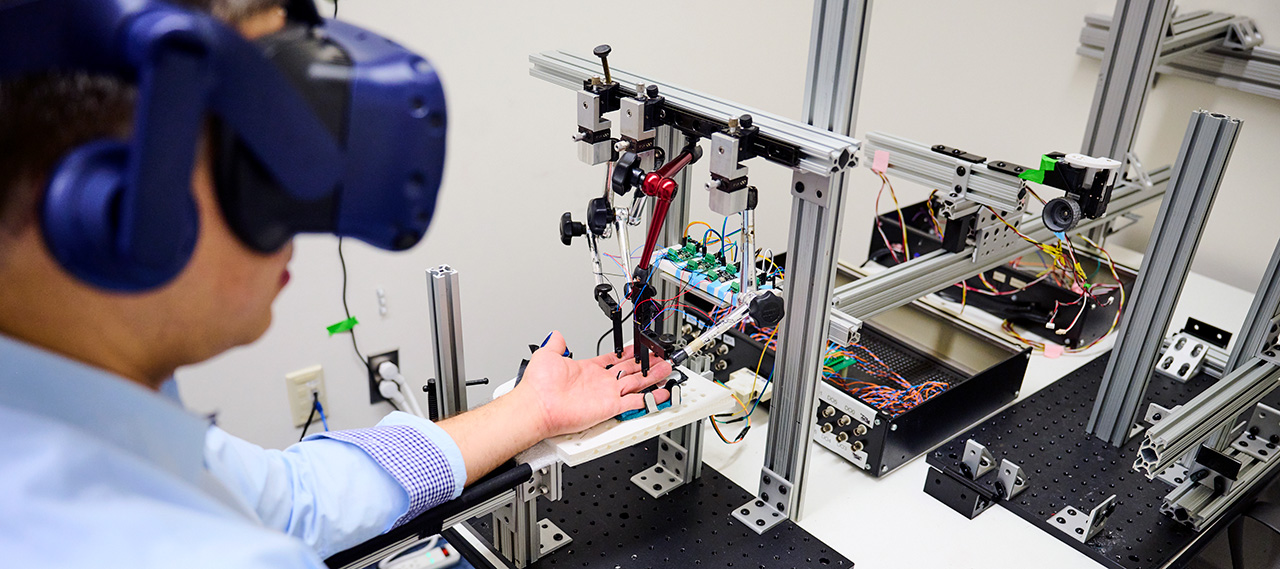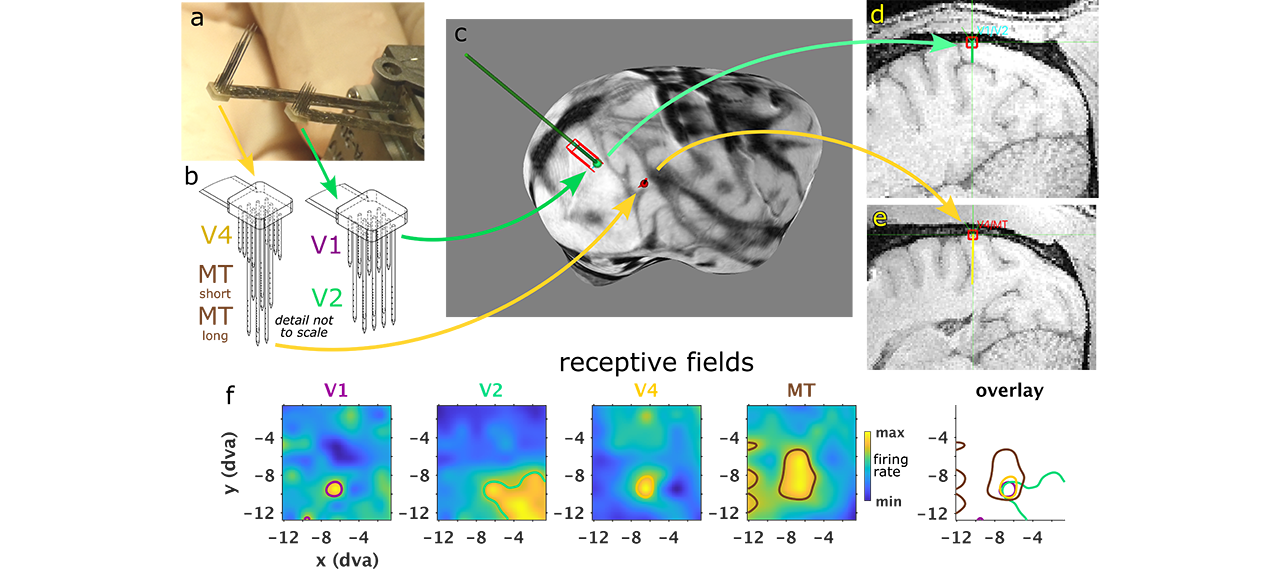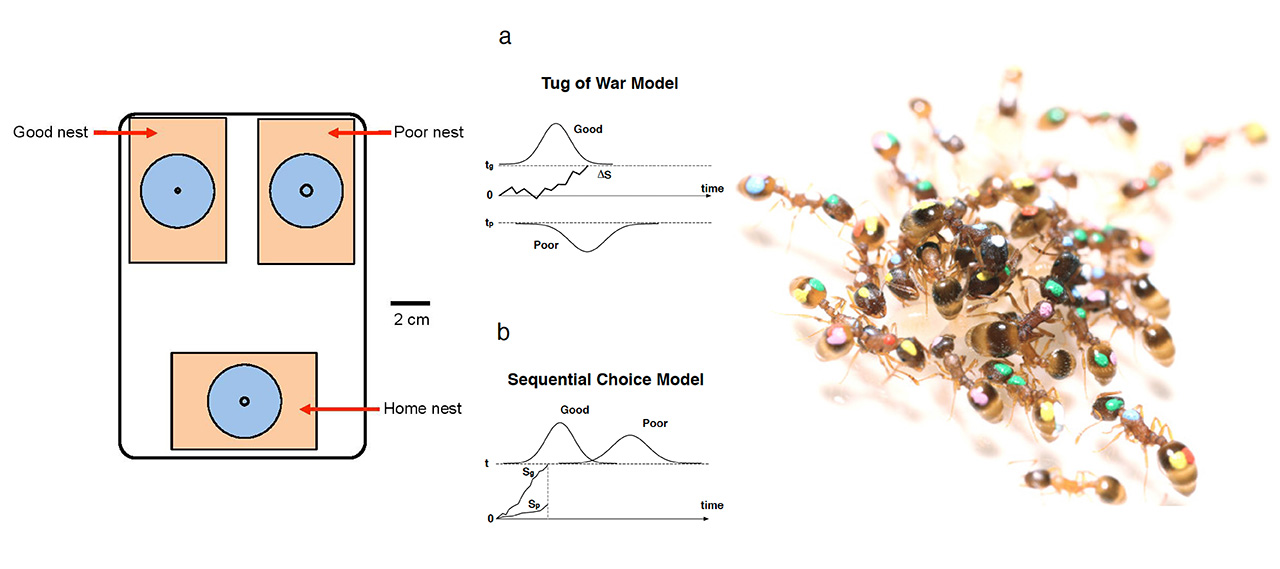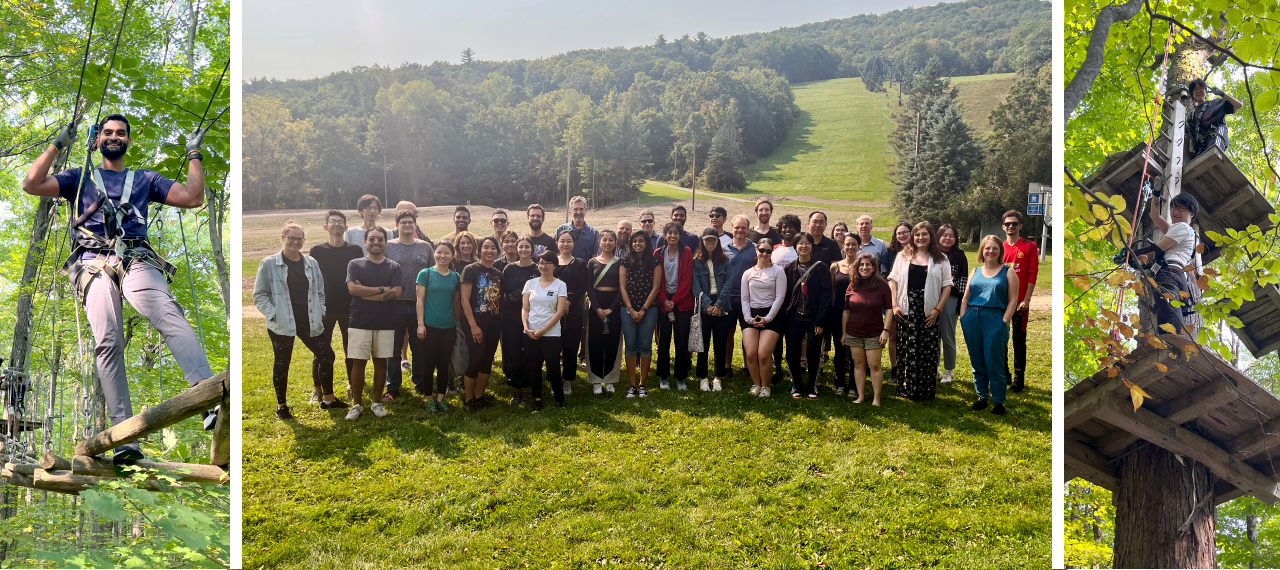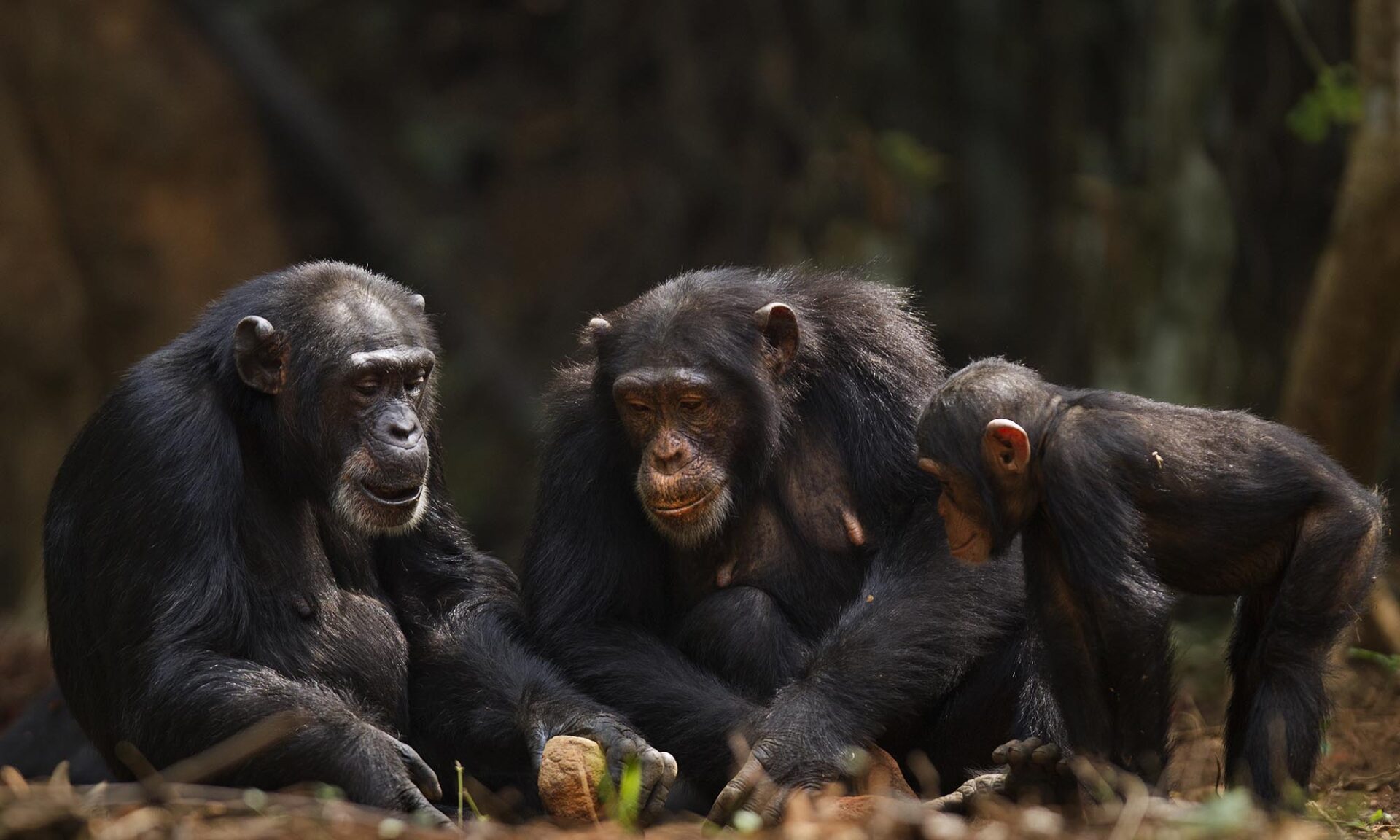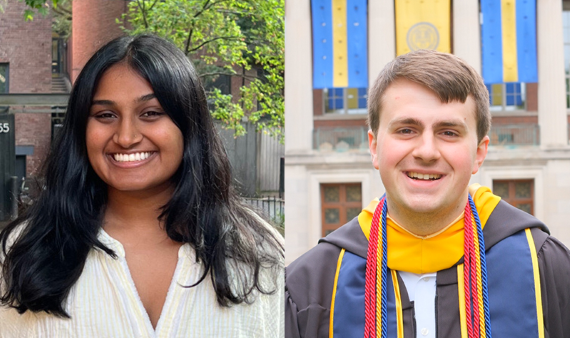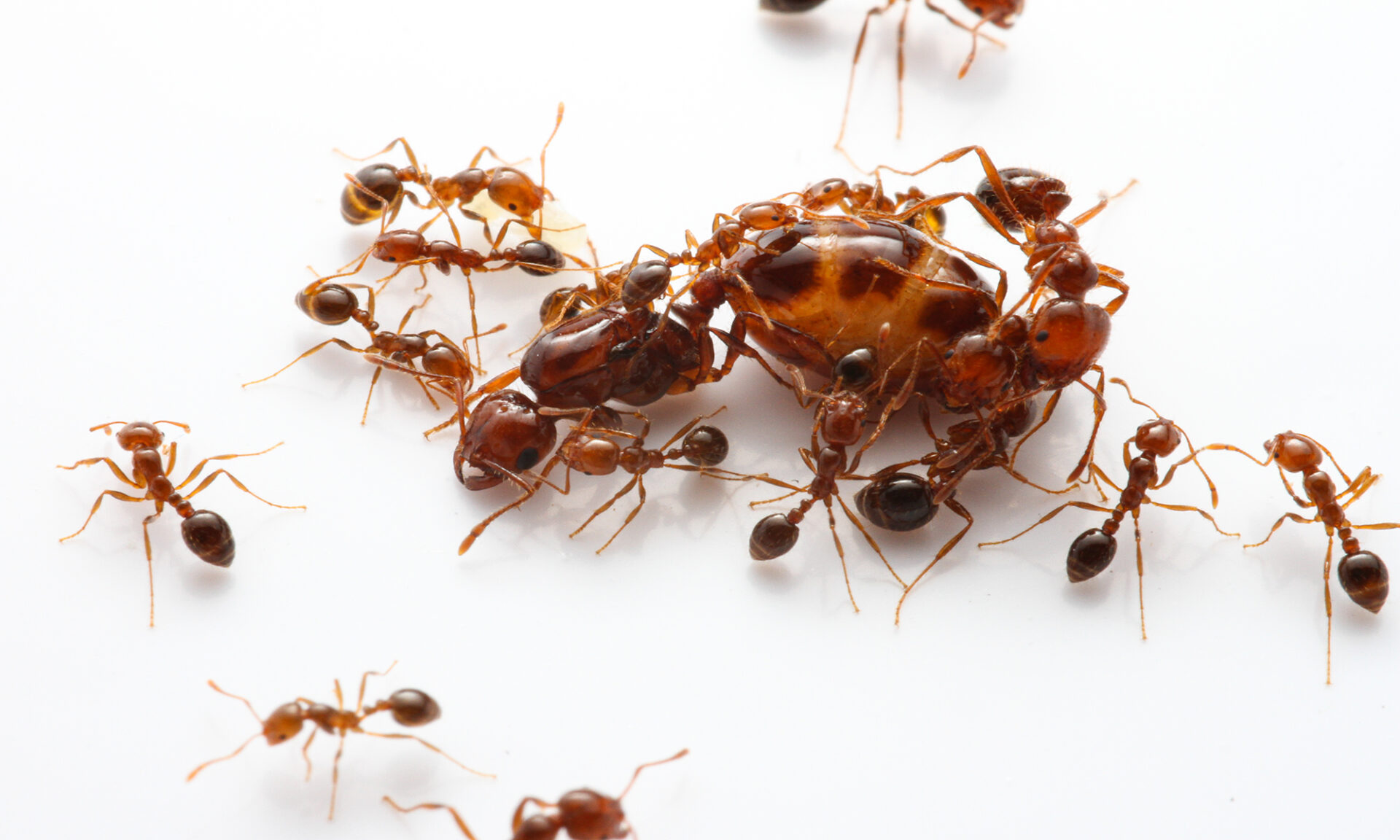Homepage
Majors & Minors
Pursue a degree or take courses in brain and cognitive sciences. We also administer a concentration in neuroscience.
Graduate Studies
In our nationally ranked PhD program, graduate students are considered junior colleagues and future peers.
Research
Our research spans a large domain and straddles several disciplines in the cognitive, computational, and neural sciences.
Featured News
UG Research
Undergraduates are encouraged to become engaged in research projects and gain valuable experience for postgraduate education, medical school, or employment.
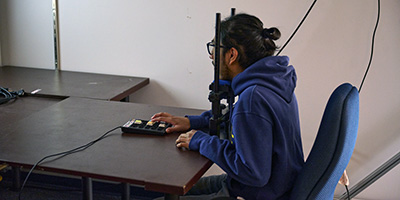
Collaborations
Research in BCS is greatly enhanced by our strong ties with departments, programs, and research centers across the University, including the Medical Center.
